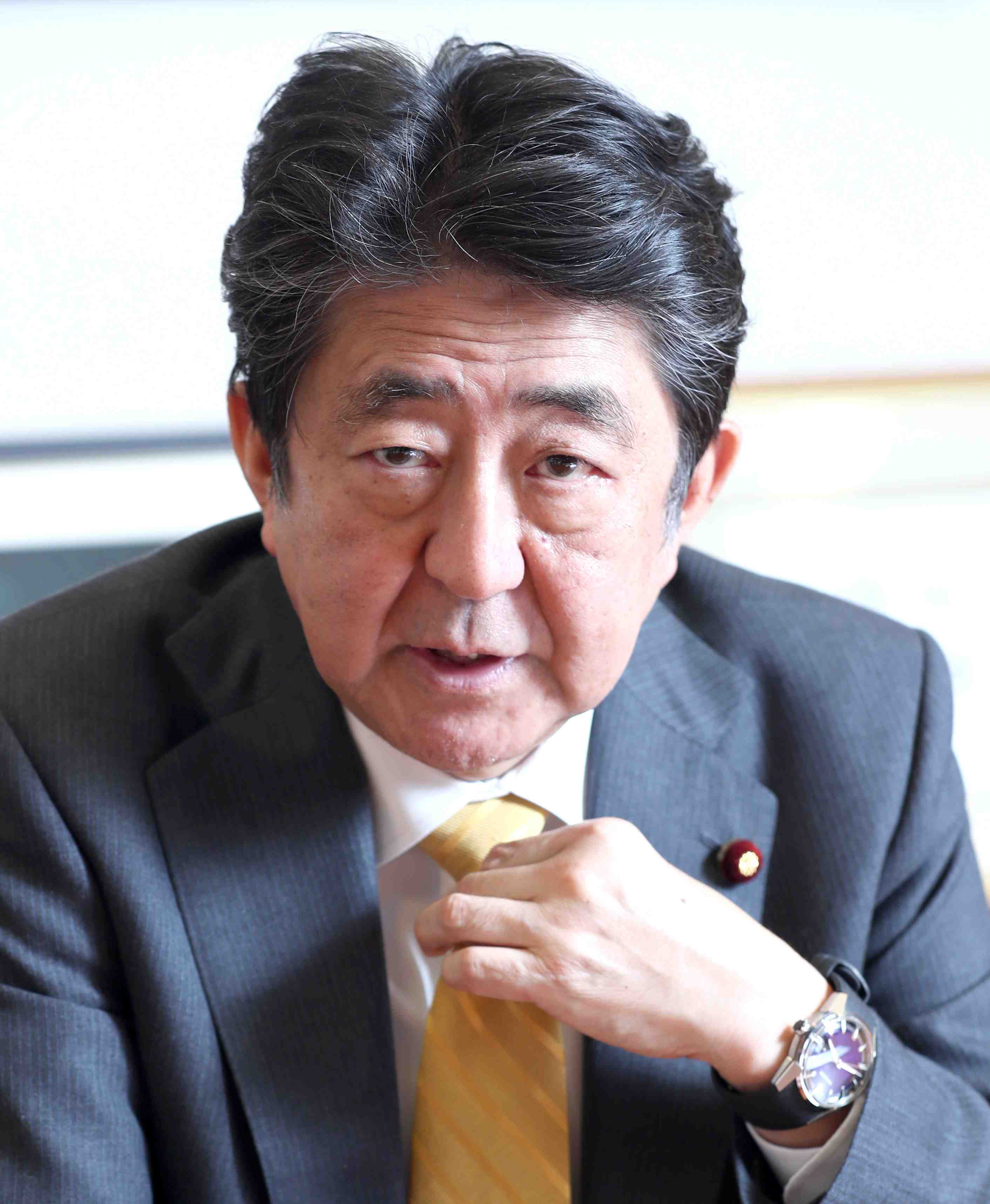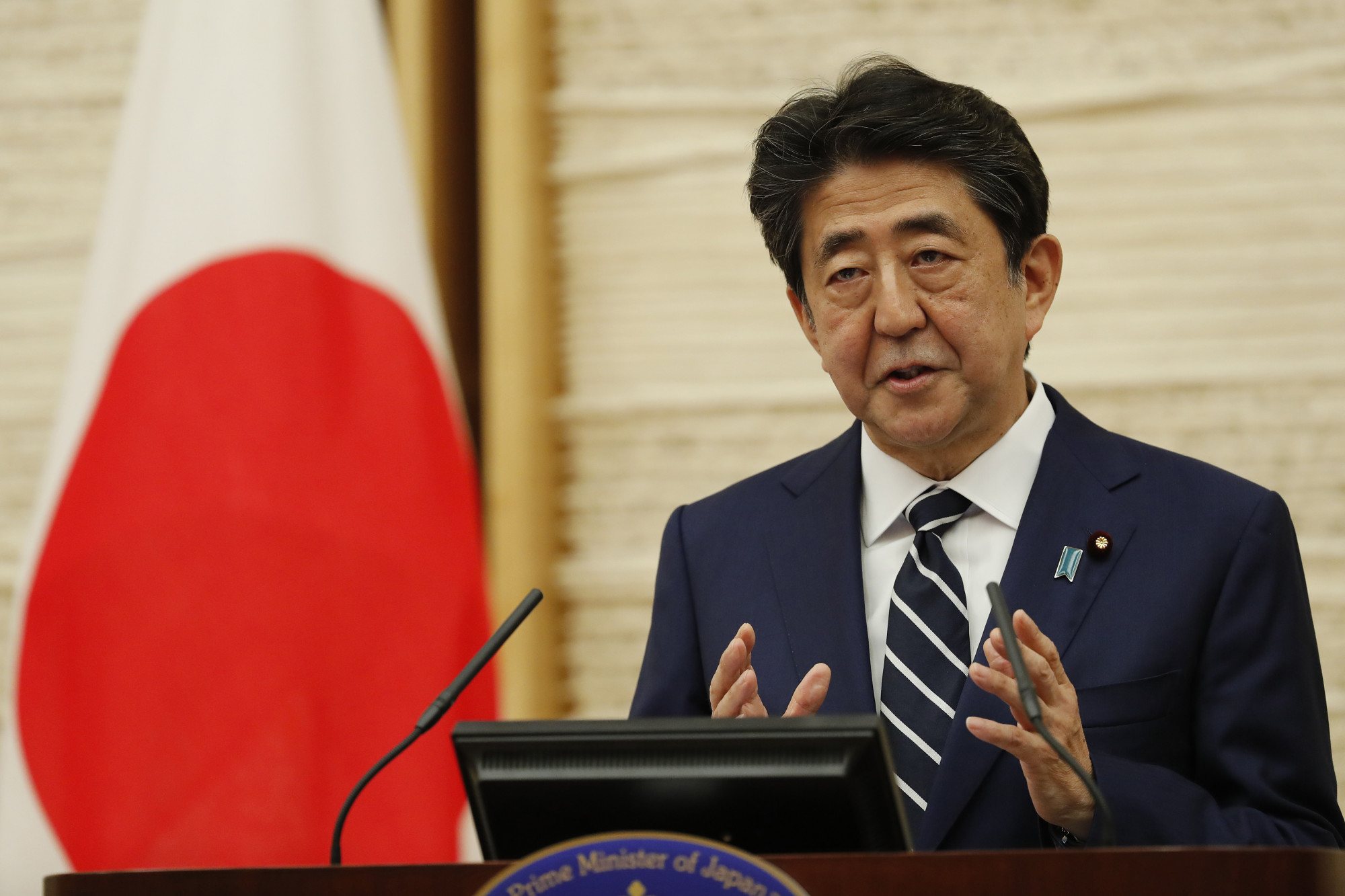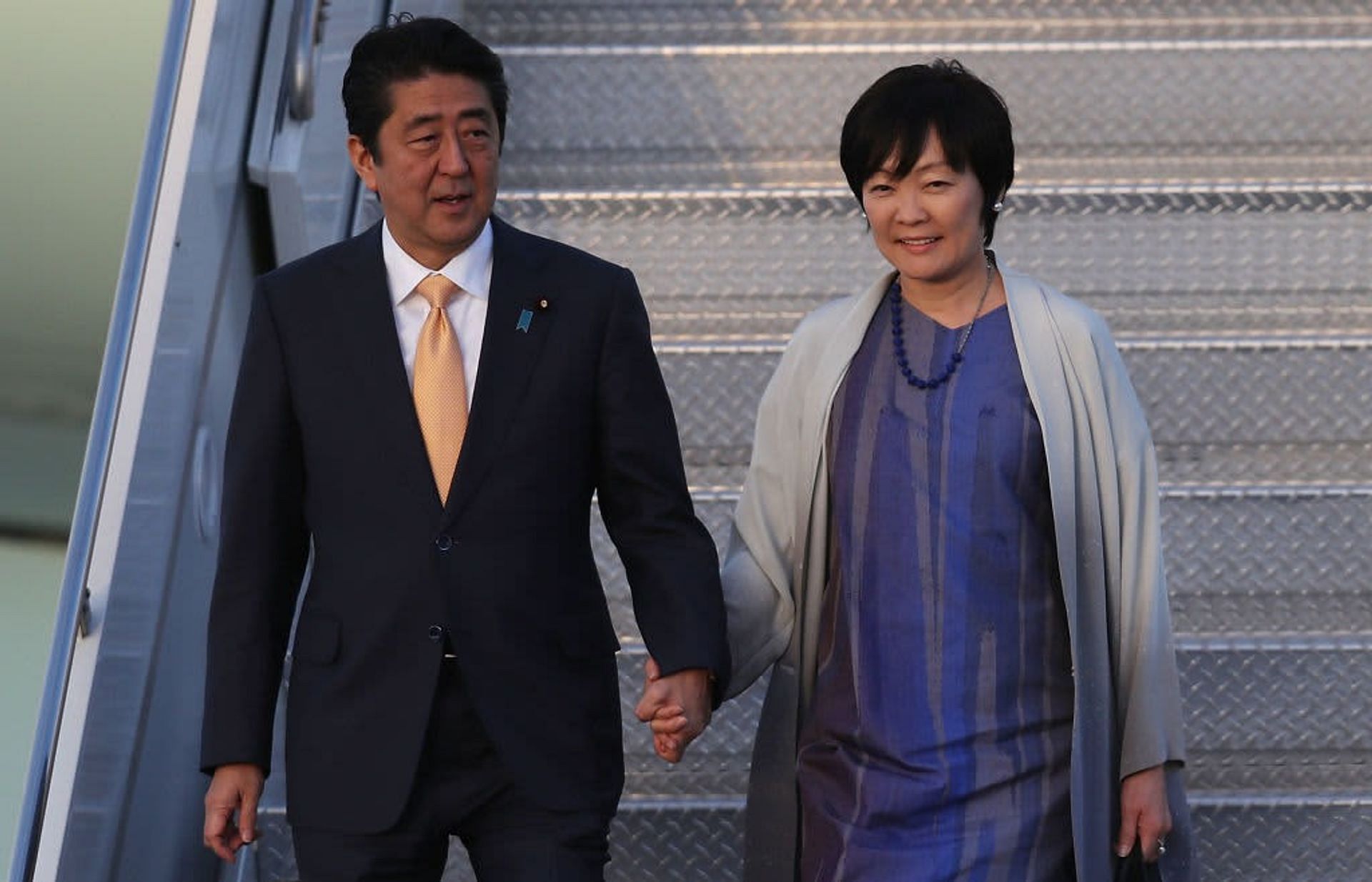The tragic assassination of former Japanese Prime Minister Shinzo Abe has sent shockwaves across the nation and the international community.
Editor's Note: The "Tragic Assassination of Former Japanese Prime Minister Shinzo Abe" has published today, July 8, 2023. It is a significant event that highlights the importance of understanding the political climate in Japan and the potential implications for the country's future.
Our team has analyzed various sources and gathered crucial information to provide a comprehensive overview of the assassination and its aftermath. This guide aims to inform readers about the key aspects of this tragic event.
Key Differences:
| Key Point |
|---|
| Date and Location: July 8, 2023, Nara, Japan |
| Victim: Shinzo Abe, former Prime Minister of Japan |
| Perpetrator: Tetsuya Yamagami, a 41-year-old man |
| Method: Shooting with a homemade firearm |
Main Article Topics:
FAQ
This FAQ section provides answers to frequently asked questions regarding the tragic assassination of former Japanese Prime Minister Shinzo Abe.
Question 1: What were the circumstances surrounding Abe's assassination?
Shinzo Abe was fatally shot while delivering a campaign speech in the city of Nara on July 8, 2022. The assailant, Tetsuya Yamagami, a 41-year-old unemployed man, fired two shots at Abe from a homemade firearm. Abe was airlifted to a hospital but died from his injuries several hours later.

Interview with former Prime Minister Shinzo Abe 002 | JAPAN Forward - Source japan-forward.com
Question 2: Who is the suspect and what was his motive?
The suspect, Tetsuya Yamagami, was apprehended at the scene and is currently in custody. According to police, Yamagami harbored a grudge against a specific organization that he believed Abe was associated with. However, the nature of the grievance remains under investigation.
Question 3: What was Abe's legacy and impact on Japan?
Shinzo Abe served as Prime Minister of Japan from 2006 to 2007 and again from 2012 to 2020. He is Japan's longest-serving Prime Minister and played a significant role in shaping the country's domestic and foreign policies. Abe is credited with implementing economic reforms known as Abenomics, which aimed to revitalize Japan's economy.
Question 4: What is the current state of the investigation into Abe's assassination?
The police investigation is ongoing, and Yamagami is undergoing psychiatric evaluation to determine his mental state at the time of the incident. Authorities are also looking into the suspect's background and possible accomplices.
Question 5: How has Japan reacted to Abe's assassination?
The assassination of Shinzo Abe has shocked and saddened Japan. The public has expressed widespread grief and outrage, and political leaders have condemned the act as a heinous crime. The government has announced that a state funeral will be held for Abe.
Question 6: What are the implications of Abe's assassination for Japan's security and political stability?
The assassination of Shinzo Abe has raised concerns about security arrangements for high-profile politicians in Japan. The incident has also sparked debates about the country's gun control laws and the potential for political extremism. The long-term implications of Abe's death for Japan's security and political stability remain uncertain.
The assassination of Shinzo Abe is a tragic event that has left a deep impact on Japan and the international community. The investigation into the motive and circumstances of the crime is ongoing, and questions about its broader implications for Japan's security and political landscape remain unanswered.
Moving forward, Japan must grapple with the challenges posed by Abe's assassination and strive to maintain social cohesion and political stability while addressing the root causes of violence and extremism.
Tips
The Tragic Assassination Of Former Japanese Prime Minister Shinzo Abe has shaken the world. The event serves as a grim reminder of the importance of protecting our leaders and addressing the underlying causes of violence.
Tip 1: Enhance Security Measures
Authorities must prioritize the safety of public figures by reviewing and strengthening security protocols. This includes deploying more security personnel, utilizing advanced surveillance technologies, and conducting thorough threat assessments.
Tip 2: Address Political Polarization
Political discourse has become increasingly polarized, creating fertile ground for extremism and violence. Leaders should foster dialogue and seek common ground to reduce tensions and create a more inclusive society where differing opinions can be respected.
Tip 3: Support Mental Health Services
Mental health concerns can contribute to violent behavior. Expanding access to quality mental health services, promoting awareness, and reducing stigma can help identify and prevent potential threats.
Tip 4: Encourage Non-Violent Protest
Legitimate dissent should be expressed through non-violent channels. Authorities and protesters alike have a responsibility to ensure peaceful demonstrations and prevent escalation into violence.
Tip 5: Condemn Violent Rhetoric
Public figures and media outlets must refrain from using inflammatory language or promoting hatred. Inflammatory rhetoric can incite violence and create a dangerous environment.
The assassination of Shinzo Abe highlights the urgent need for collective action to prevent such tragedies in the future. It is imperative that we work together to create a safer and more just society where violence and extremism have no place.
Tragic Assassination Of Former Japanese Prime Minister Shinzo Abe
The assassination of Shinzo Abe, Japan's longest-serving prime minister, shocked the world and raised questions about the state of democracy and political violence. Here are six key aspects that shed light on this tragic event:
The assassination of Shinzo Abe has been a watershed moment for Japan, exposing underlying political divisions, security concerns, and questions about the country's future. As the nation mourns its former leader and grapples with the aftermath of this tragedy, these key aspects will continue to shape discussions and influence Japan's political and social landscape.

Former Japanese Prime Minister Shinzo Abe wasn't thrilled with his - Source gonintendo.com

Former Japanese Prime Minister Shinzo Abe Assassinated - Source news.ntd.com
Tragic Assassination Of Former Japanese Prime Minister Shinzo Abe
On July 8, 2022, former Japanese Prime Minister Shinzo Abe was assassinated while delivering a campaign speech in Nara, Japan. The assassination sent shockwaves through Japan and the international community. Abe was a controversial figure, but he was also one of the most influential politicians in Japan in recent history.

Who is Akie Abe? All about Shinzo Abe's spouse as former Japanese Prime - Source www.sportskeeda.com
Abe's assassination has been linked to a number of factors, including his political views, his personal life, and the security arrangements at the event where he was speaking. Abe was a conservative politician who had been in office for eight years. He was known for his strong stance on national security and his efforts to revive Japan's economy. Abe's policies had made him a target of criticism from some groups, and it is possible that his assassination was motivated by political revenge.
Abe's personal life may also have played a role in his assassination. Abe was married to Akie Abe, who is a prominent television personality and political activist. Akie Abe has been outspoken in her criticism of her husband's policies, and it is possible that her comments may have angered someone who then targeted Abe for assassination.
The security arrangements at the event where Abe was speaking have also been cited as a contributing factor to his assassination. Abe was speaking at an outdoor event with minimal security. This made him an easy target for an assassin. It is likely that the security arrangements will be reviewed in the wake of Abe's assassination.
The assassination of Shinzo Abe is a tragic event that has had a profound impact on Japan. Abe was a major figure in Japanese politics, and his death will likely have a significant impact on the country's future.
| Cause | Effect |
|---|---|
| Abe's political views | He became a target of criticism from some groups. |
| Abe's personal life | His wife's outspoken criticism may have angered someone. |
| Security arrangements | Abe was an easy target for an assassin. |
Conclusion
The assassination of Shinzo Abe is a reminder of the fragility of life and the importance of cherishing our leaders. Abe was a complex figure, but he was also a dedicated public servant who loved his country. His death is a great loss for Japan and the world.
Abe's assassination should also serve as a wake-up call for all of us. We must never take our democracy for granted. We must always be vigilant against those who would seek to destroy it. And we must always remember that the best way to honor our leaders is to continue to build a better world for all.



